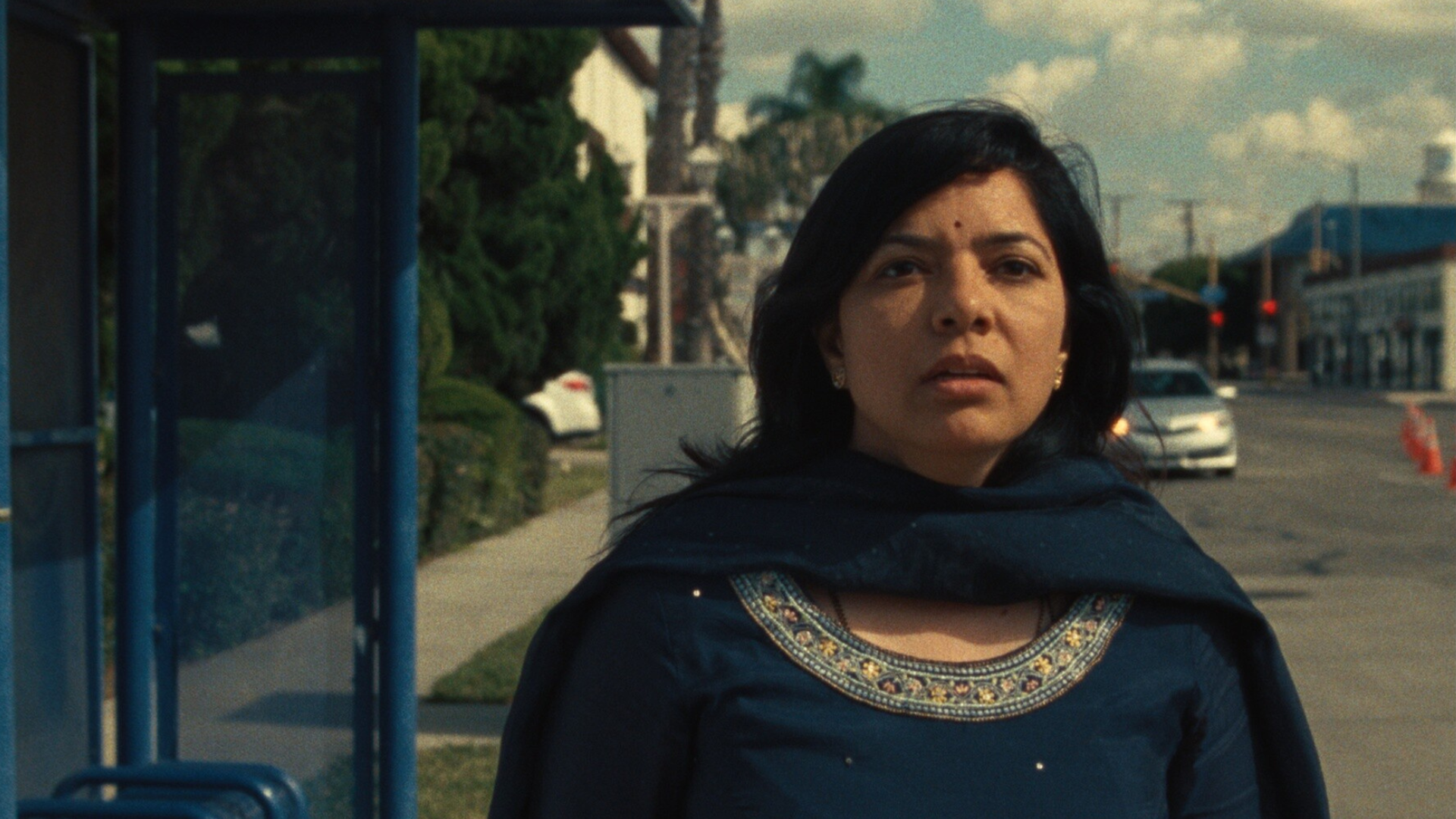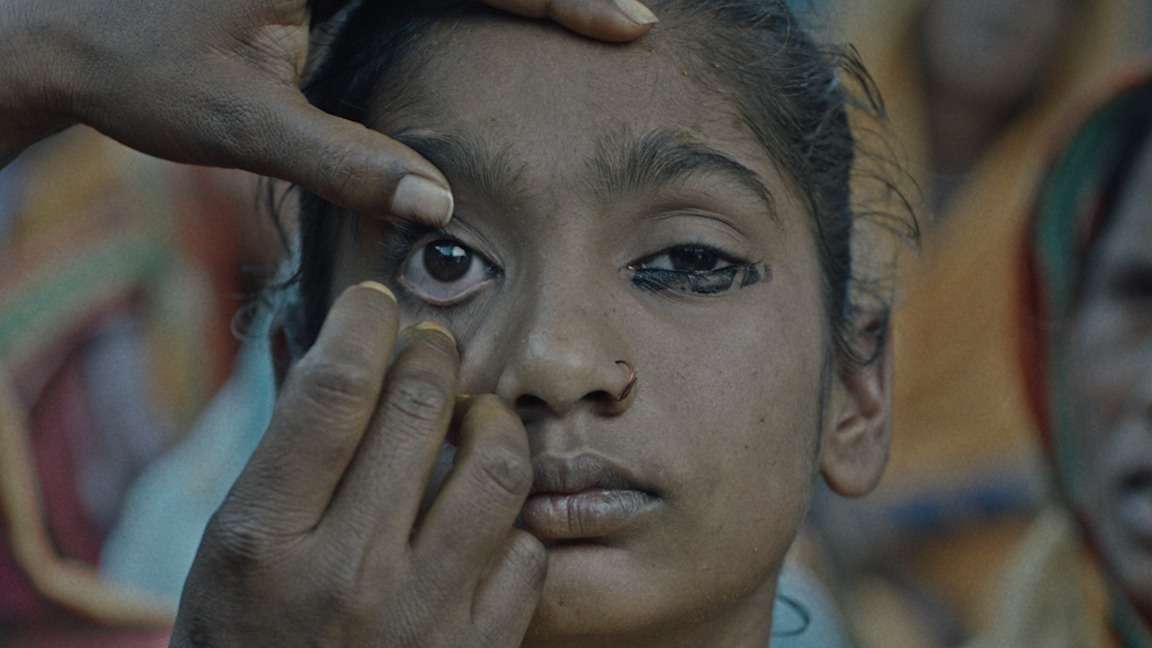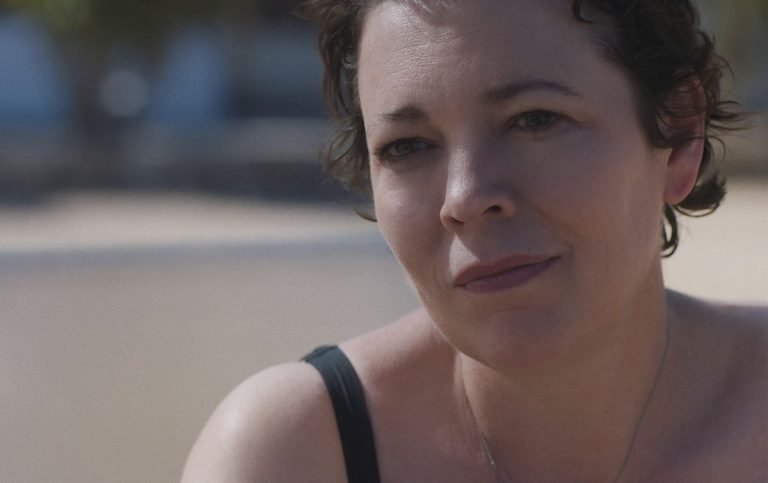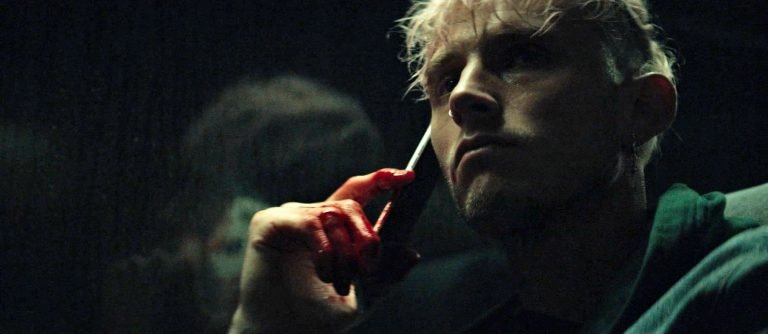
Ritvik Dhavale’s “Hema” is yet another testament to the remarkable skill of its lead actress, Rajshri Deshpande, capable of infusing an apparently slightly sketched character with an abundance of ever-shifting nuance. At its veneer, the film traces the jolted rhythms of the titular protagonist’s life after she relocates from India to Los Angeles with her husband and son. Hema struggles to find her bearings in this foreign setting, desperately pining for the home she left behind. She doesn’t forsake hopes of being fully uprooted. Even the old comfort of her mother tongue seems to be getting sparer in her being able to lean onto it, with her husband’s insistence on English to cultivate and hone their son’s quicker blending in.
Deshpande is superb at precisely locating the tentativeness and the seemingly unavoidable stabs of guilt her character, emblematic of all mothers, are racked by before they can commit to and pursue the dreams and odd aspirations nudging them. In that sense, Hema transcends the exactitude of cultural unmooring to mine the lived-in reality of every individual on the cusp of transition. Perched on the anvil of dramatic change in her life, how does the person make her way through it?
There’s uncertainty and apprehension galore. Deshpande delineates the edges of heart-fluttering hesitation as she deftly scoops out the snatches of pert joy and eager liveliness that reanimate her character when a young Marathi man visits her house. Habituated to being tightly coiled up and withheld after moving abroad, Hema’s energy freely flows but only fleetingly, as reality interrupts. When Hema finally flashes a smile, it’s so infectious it can light up a room.
Interspersed with home videos that bring alive the film’s semi-autobiographical bent, “Hema” is a brightly textured, quietly perceptive portrait that charts the subtlest, softest emotional beats in its protagonist’s journey with depth, tenderness, and feeling.

Theja Rio’s “Ade” (On a Sunday) is wrapped in simplicity and handled with such an assured hand even the familiar feels vividly fresh, thanks to the specificity and the localized textures in the vision. Rio’s gaze is both incredibly clear-eyed and warm. The short film strips away a heightened tone, bordering on a whiff of it for only a brief while before it retraces its steps into being confidently and comfortably minimalistic in scope. There’s an unfussy spirit with which Rio inserts us into the world of his seven-year-old protagonist, Ade (Visalie Kuotsu). Shot on 16mm film, “Ade” unfolds in a village in Nagaland, where impressions of life are articulated through the perspective of kids. Rio doesn’t stretch out the narrative into long alleyways, rather he evokes tiny pockets of a peek into their lives.
Ade’s mother makes and sells rice beer. His father tends to lapse frequently into alcoholism. So does his brother. Flares of tension and strife in the household are obvious, spelled out in a later scene directly. Rio doesn’t explicitly show the argument that erupts in its heat. It doesn’t require a canny viewer to gauge fights like this, which are a common occurrence in Ade’s home. There’s the routine sight of the entitled male figure lashing out at the woman, indicting her of an oversight in her parenting. Rio does not ascribe a visual embodiment to the elderly voice that prohibits Ade and his friend, Abu (Kedo Kuotsu), from swimming in the pond after they sneak away from Sunday school.
The emphasis is more on the fear and precarity of repercussions and how the young try to eke out in myriad ways a few moments of shelter from the severe, scrutinizing gaze of adults. What is permitted and what is utterly and instantly denied are circumscribing limits that tail the experience of children. Rio is a gentle storyteller, particularly adept at situating with a lightness of touch those furtive, cautious steps while transgressing hushed thrills and how cloistering it feels when everything you may desire is kept at bay.
“Ade” (On a Sunday) is a charming little sparkler, intensely attuned to a child’s inner, emotional world. It is elegantly lensed by Natdanai Naksuwarn, who captures the giddy wonder in stolen, surreptitious pleasures and intimately establishes us in the setting with equal dexterity.

Abinash Bikram Shah’s “Lori” (Melancholy of my mother’s lullabies) is a stinging unraveling of a ghastly custom in rural Nepal, with women passing the baton of patriarchal oppression across generations. Simri (Ankita Yadav) is just like any other regular teenager. She’s all sprightly and with a boundless appetite for life and its adventures. Little does she know the horror that lies in store for her. The abject forcefulness with which Simri’s nose is pierced by a group of elderly women that functions as the initiation into the rite, as they pin her into acceding to it, is harrowing to witness. Even as it’s largely women who populate the frame in “Lori,” the actual agency they have for wielding is scarce.
Rather, they keep the wheels of subjugation in well-oiled motion. The customs have become so entrenched in the fabric of their lives that they may not even be able to imagine or fathom a road that bends away from a life adhering to those steadfastly upheld norms. Songs they sing, frequently punctuating “Lori,” offer a salve of seeking forgiveness from their daughters. “It is sad, though it is the rite”, they mourn through such song lyrics. “Our existence is a burden”-the refrain is a hopeless, defeated acceptance of the tragedy of a predetermined destiny that cannot escape the shackles of marriage.
Yadav is brilliant at channeling the shock of discovery, registering the opposition Simri can muster and ultimately a dread-infused resignation to her fate. Ujjal Bastakoti’s emotionally effective camerawork alternates between the observational detachment of Simri’s equation with the community of women and piercing right into her gradually splintering resolve and spirit in a bunch of shattering close-ups. With the haunting “Lori,” Abinash Bikram Shah accomplishes the gift of a great short film in its ability to expressly hint at an entire lifetime outside its ends.





![Missing Johnny [2018]: ‘NYAFF’ Review](https://79468c92.delivery.rocketcdn.me/wp-content/uploads/2018/06/MISSING_JOHNNY_NYAFF_HOF_3-768x512.jpg)
![Too Late [2021] Review: Uninspired horror-comedy lazily presents a showbiz metaphor](https://79468c92.delivery.rocketcdn.me/wp-content/uploads/2021/08/Too-Late-1-e1629298212134-768x321.png)

